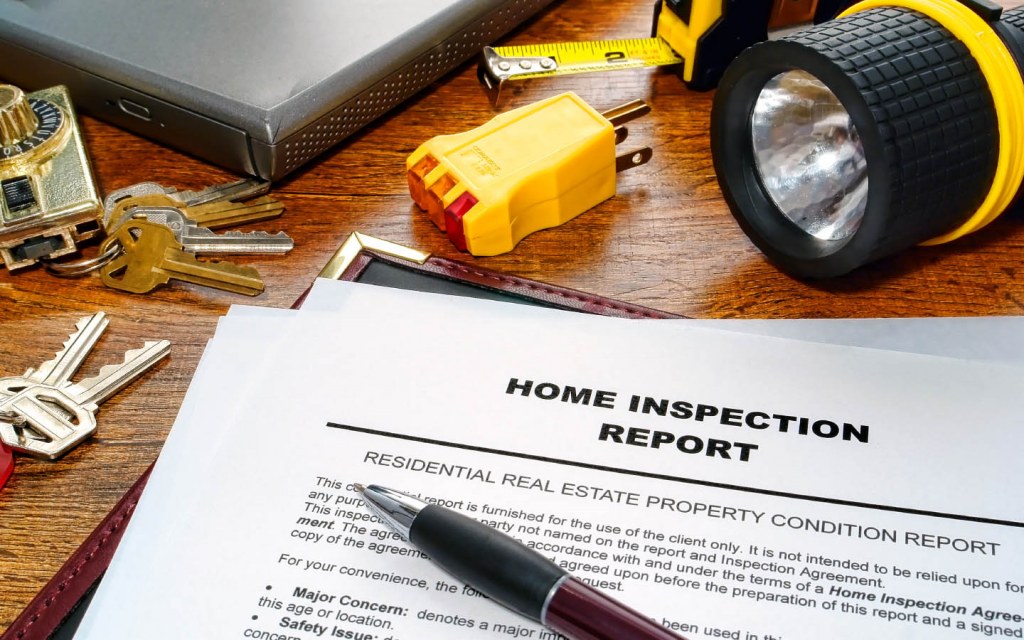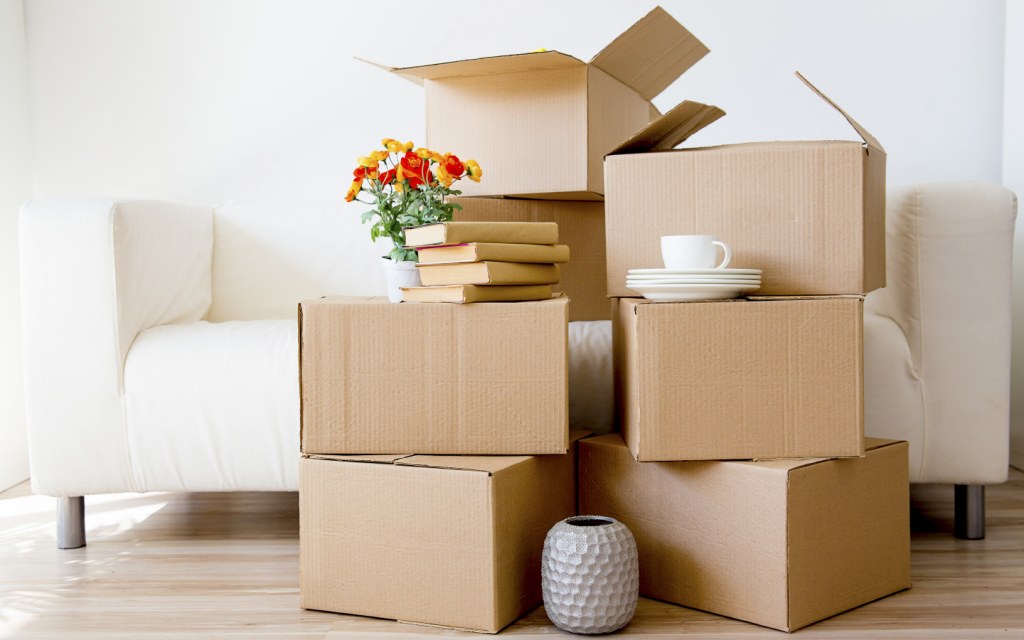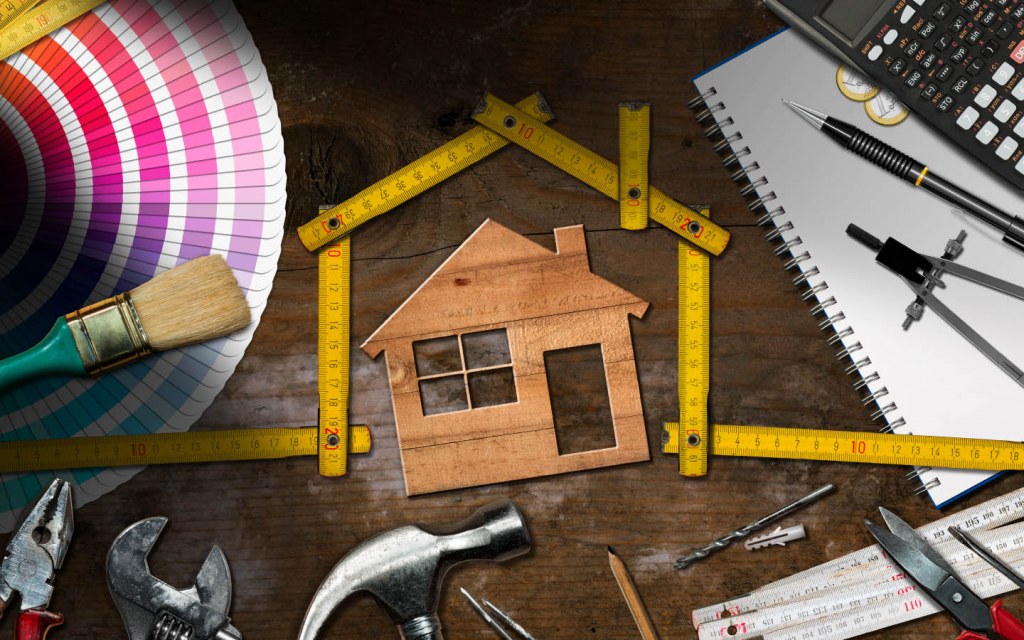Caveat Emptor! Whether it’s your first time buying a used house or you are expanding your property portfolio; the excitement of owning property might override your skills of making an informed decision, which can result in life-long regrets.
We are aware of the fact that there’s a lot on your plate right now, but regardless of how daunting things might seem, do not rush yourself into jumping in the deep end of things. Since keeping calm and maintaining a cool composure is vital when it comes to making crucial decisions, we’ve saved you the trouble of going through some common mistakes that first-time home-buyers make. But we didn’t just stop there. We also came up with a fail-proof guide to buying a used house. Scroll down to take advantage of our findings and know what to look for when buying a house!
Things You Should Know Before Buying A Used House
If you’re a novice in the property market and do not know where to begin – read along to get your hands on the best available deals in the property market. The house-buying guide will also assist you in identifying deceitful mediators who are ever-ready to pounce on innocent buyers. Here’s our step-by-step guide to buying a used house:
- Browse Through All Available Sources
- Conduct A Home Inspection
- Contrast Your Budget with Your Needs and the Amenities Accompanying the Property
- Plan Your Transitional Phase Ahead
- Purchase A Property That Can Be Maintained Easily
Browse Through All Available Sources

Unlike purchasing a used vehicle, buying a used house or an apartment is a major or even a once-in-a-lifetime investment. So, the examination process includes more than just kicking the tires. Decide on your deal breakers including the basics as well as luxurious requirements. For instance, browsing through the quality of the windows and the materials used to furnish the house is extremely crucial and can be an excellent way to begin the inspection process. You can then move to think about your purpose of buying a used house and your unique requirements. Also, make it a point to surf the neighbourhood and get your queries addressed, which means just glancing at the building is not enough – you need to examine the surrounding area and ask critical questions such as:
- Is the area prone to natural disasters?
- What is the reputation of the area and the seller?
- Are you paying higher than the actual market value of the property?
- Is the property insured, and what does the home insurance cover?
From the driveway to the security system and fences, you need to investigate everything from all available sources, paying particular attention to the fact that the property is non-disputed.
Conduct A Home Inspection

A home inspection is a necessary part of purchasing a used house in any part of the world. To explain in simpler words; a home inspection is an examination process carried out on the condition of the property on sale. It is usually conducted by qualified house inspectors who evaluate the property and look into stuff like the roof, foundation, plumbing, wiring, and drainage systems. Apart from that, they also closely examine heating and cooling systems, emergency exits, fire system, and safety measures. Furthermore, house inspectors also look into any signs of infestations or damage caused by fire or water or any similar issue that threatens the resale value of a property.
Hiring a house inspector is a major part of the house-buying process, and it shouldn’t be confused with a home appraisal, which is conducted purely to determine the value of a property. The main task of home inspectors is to provide you a detailed account of the property’s condition, maintenance concerns, and repair costs in black and white.
Contrast Your Budget with Your Needs and the Amenities Accompanying the Property

Right after you’ve turned on every faucet and flicked every switch, the next thing you should do is match your budget with your requirements. Buyers usually have high hopes from a particular neighbourhood, and they end up comparing it with homes they’ve visited in other localities rather than their own needs.
The best way to match your needs with your budget is to list down the things you want and then compare it to the list of the perks accompanying the property. Here’s an example: if your current need is to occupy a family of five people and the house is offering a single bedroom, but just because you like the garden, you shouldn’t fall for it. On the other hand, if differently-abled people are going to live in the house but the structure doesn’t offer any accessibility to them, or there are no possible alternative/emergency exits, but the house falls in your budget – you should carry on your hunt because there are plenty more fish in the sea.
Plan Your Transitional Phase Ahead

Buying a used house is an overwhelming and demanding process, especially when you’re moving from one unit to another. It is always wise to test all the financial constraints well in advance to make the experience completely hassle-free. Additionally, maintaining a budget for the transitional cost is a smart idea which means that you should plan the total sum of moving ahead of time. It doesn’t necessarily include hiring professional movers, you can do it on your own or get a lending hand from your friends, but you still need to have a sum of money for the said purpose. Besides keeping an expense account for your moving-out day, here are some moredos and don’ts of moving into a new house:
- Pack your stuff ahead of schedule and declutter your house before the day of moving out.
- Do not leave packing for the last day.
- Always label the boxes according to the different parts of the house.
- Hire trustworthy drivers to shuttle your stuff from one place to the other.
Purchase A Property That Can Be Maintained Easily

Imagine the ordeal of buying a house that demands more maintenance than your current financial and physical position allows you. Or imagine having everything in order but the commute time from your residence to your work and your children’s school is too much to handle. Or maybe there are no commute options at all. To avoid scenarios like these, it is always better to study the neighbourhood and look for the things mentioned below:
- Average household utility bills – per unit charges according to the areas
- Building/Community/Society maintenance charges
- Any additional costs related to the maintenance of the property
Overall, spend your hard-earned money in a well-insulated home that should meet your comfort stratum and save you from the costs of heating in winter and cooling in summers. Meanwhile, get your hands on everything and check for any unusual odours, clogging, or damage before-hand. If you suspect anything unusual, always ask until you’re satisfied and do not get pressured under any circumstances.
Are you planning to buy a used house in Pakistan? Do you need a reliable house-buying guide? Search thorough Zameen Area Guides and find factual information about all nearby amenities and average property prices. Subscribe to Zameen Blog – Pakistan’s #1 real estate blog. Ever bought a used home? Tell us about it at blogs@zameen.com.



